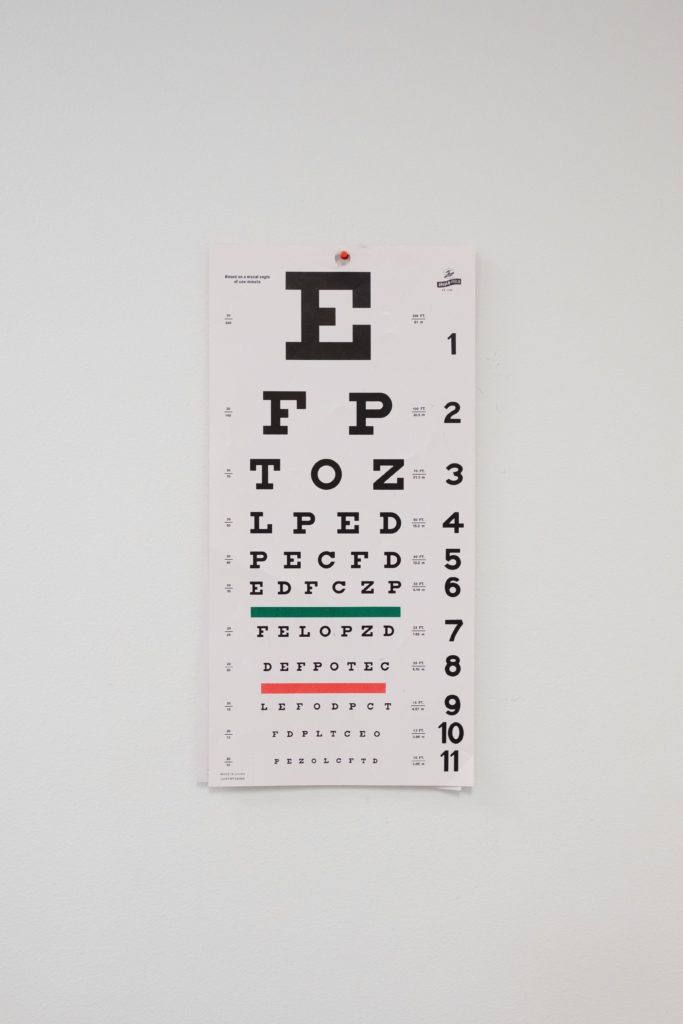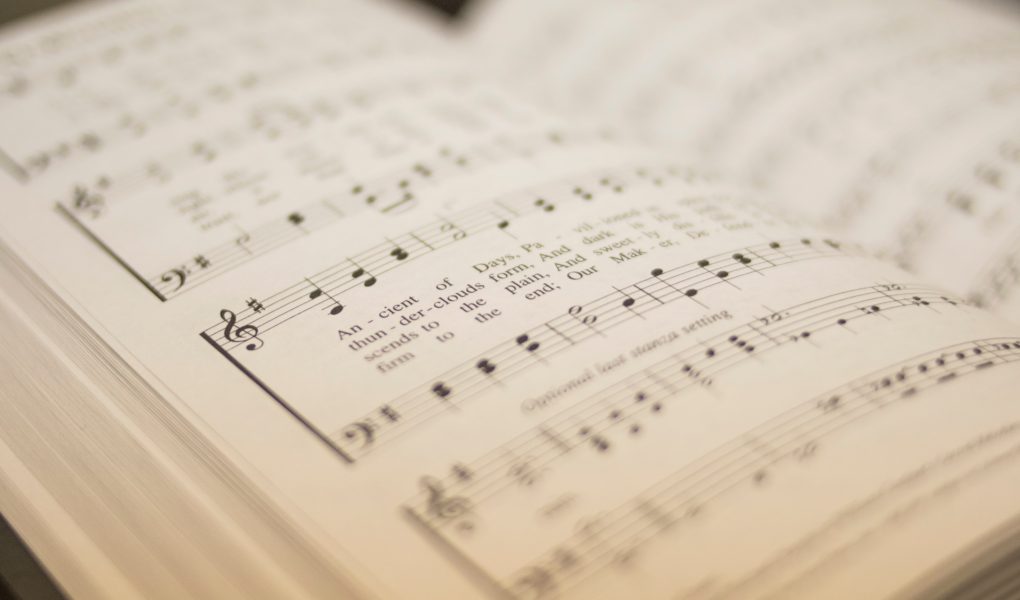Several weeks ago I watched my 16 year-old daughter, Paige, sing a beautiful solo in a church meeting. Her voice is rich and pure (even to those who aren’t her mother!) and she has worked hard to train it well. She stood with poise and confidence and sang with love and conviction. If you had been in the audience that day and did not know her well, you might think she had been standing in front of people and performing all her life; that it was just one of her natural gifts and came easily to her. Those of us who do know her well, however, couldn’t help but remember the time, years before, when she had stood at that same pulpit, sincerely wanting to share her thoughts and feelings, but was so scared at the sight of the audience she burst into tears and had to sit down. Knowing what we did made her singing performance all the more magnificent, because we knew of the struggle in between and the triumph it was for her to be up there now.
There is simply so much our eyes can’t see from the outward appearances of people and situations. We are generally quick to judge and to process information we think we observe and then draw conclusions, but people are much more complex than a superficial judgment allows for. There are hearts full of secret sorrows and longings, courageous inner battles being fought, and both victories and failings over small and large things taking place in others’ lives that never manifest themselves to casual observations. Those in the audience who heard Paige sing and made judgments about her from that performance, but who didn’t know of her history or the effort involved in getting to that place, could not possibly see the fullest picture of what that performance meant or signified. Even in our kind or merciful judgments, we miss the richer experience of fully knowing a person or a situation when we draw conclusions from limited observation.

When we know someone as well as we know a child or a spouse or a sibling, we can more readily understand how our Father in Heaven and the Savior can know us so perfectly, that they see those unseeable things in us. There is such peace and comfort in realizing that we are truly known. All of us. The tiny steps of progress and the desires to improve. The bitterness and regret over our failings and the joys of conquering even small weaknesses. Their perfect vision allows for perfect judgment and a perfect love.
We will not, in this life, ever be perfect at seeing others with a fullness. It is unlikely that we even see ourselves with a complete knowledge. Paul reminds us that, ‘…now we see through a glass, darkly…’ (1 Cor 13:12). This experience with Paige, however, has reminded me that I cannot see anyone’s full story and to be less hasty in my judgments (both good and bad) about them; to be more prone to appreciate others’ efforts and to try to celebrate every small triumph with them, and to empathize with the failures. And I will look forward to that day when I can see things not readily apparent to the eye-when I can see with eyes of charity and feel, more than see, the hearts of those I am around. “…Now I know in part; but then shall I know even as also I am known” (ibid).




